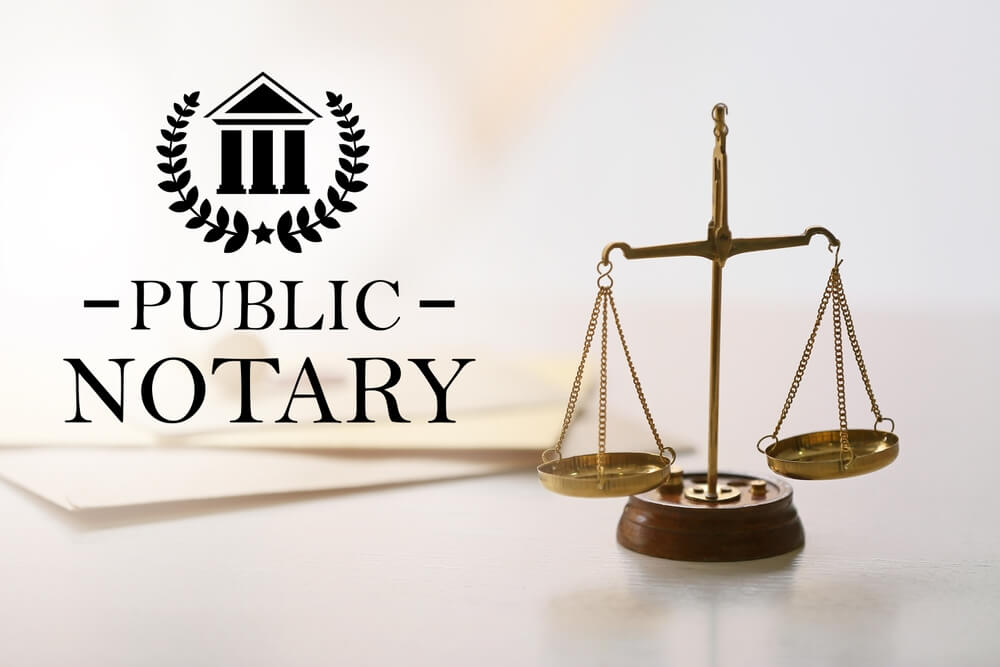Experienced Conveyancer: Facilitating Smooth Realty Purchases
Experienced Conveyancer: Facilitating Smooth Realty Purchases
Blog Article
Debunking Notarial Job: Simplifying the Duty and Value of Notaries
In the complex web of lawful documentation and confirmation, notaries stand as columns of guarantee and credibility. Their role, frequently shrouded in enigma for many, carries substantial weight in guaranteeing the validity and honesty of essential files. As guardians of legality and reality, notaries play a crucial component in our culture, yet their job is not constantly totally recognized. By unraveling the complexities bordering notarial methods and dropping light on the relevance of their acts, a clearer understanding emerges of the vital function notaries play in promoting the material of legal and contractual agreements.
The Background of Notarial Job
How did notarial job evolve in time to come to be an indispensable part of legal and company purchases? The background of notarial work dates back to ancient worlds, where scribes played a vital role in tape-recording crucial information and validating documents. As cultures advanced, the need for a more formalized system to ensure the validity of arrangements occurred. This caused the development of notaries, people appointed by the state to act as neutral witnesses in lawful issues.
Throughout the Center Ages, notaries acquired prestige in Europe, with their features expanding to include composing legal papers, licensing trademarks, and protecting records. The rise of worldwide trade better highlighted the importance of notarial operate in confirming contracts and agreements across borders.
In the modern-day period, notaries continue to play a crucial function in lawful and company purchases by verifying identities, validating the authenticity of files, and protecting against scams. Their duty in certifying the credibility of agreements includes a layer of safety and security and count on to the ever-evolving landscape of commerce and regulation.

Duties and Duties of Notaries
Notaries play an essential function in confirming the credibility of papers and the identity of notaries. One of their main responsibilities is to witness the signing of important records, such as actions, agreements, and wills, to make sure that all parties are getting in right into agreements intentionally and willingly.
Additionally, notaries are charged with carrying out vows and affirmations, which are crucial in legal procedures and the implementation of sworn statements. They license duplicates of initial papers, giving assurance to institutions that the duplicates hold true reproductions of the originals. Notaries should maintain exact documents of all deals they oversee to ensure transparency and accountability. In general, the responsibilities and responsibilities of notaries are crucial in securing the honesty and legitimacy of numerous papers and deals.
Notarial Certificates and Signatures
Exhibiting careful interest to information, notarial certifications and signatures work as vital parts in confirming the authenticity of legal records. Notarial certificates typically consist of critical information such as the day of notarization, the names of the notaries, a description of the paper, and the notary's main seal. These certificates provide a clear click now document of the notarial act, ensuring that the document can be easily determined and traced back to the notary who oversaw the process.
Trademarks play an essential duty in notarial job, as they symbolize the agreement and consent of the parties involved. Notaries very carefully witness the signing of papers to verify the identity of the signatories and confirm that they are authorizing of their own free choice. By affixing their official seal and signature to the record, notaries license that the needed procedures have been complied with which the paper is enforceable and valid.
In essence, notarial certificates and trademarks are the characteristic of credibility in lawful purchases, offering assurance to all celebrations included that the records are legit and binding.
Relevance of Notarial Acts

Registration Process Discussed
Describing the registration process provides quality on the vital steps associated with validating legal files. The registration procedure usually begins with the private providing the record to a notary public. The notary then validates the signer's identification with appropriate identification techniques. As soon as the identity is validated, the notary makes sure that the specific signing the record does so voluntarily and without any type of coercion.
Conclusion

Notarial certificates normally include vital info such as the day of registration, the names of the notaries, a summary of the paper, and the notary's main seal. These certificates offer a clear document of the notarial act, ensuring that the file can be easily identified and traced back to the notary who supervised the procedure.
By affixing their main seal and signature to the file, notaries accredit that the needed treatments have actually been adhered to and that the record is enforceable and legitimate.
By verifying the identification of the signatures, confirming their readiness to enter right into the contract, and certifying the date and area of the finalizing, notaries play a vital function in supporting the legitimacy of legal papers.After the paper is authorized, the notary will certainly fasten their official seal or stamp onto the document.
Report this page